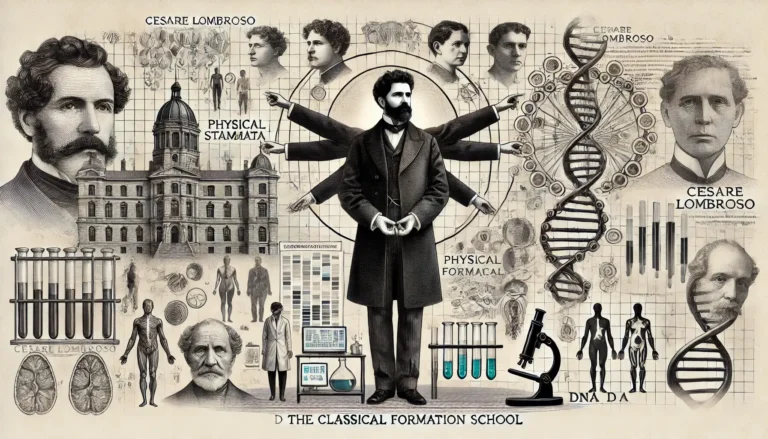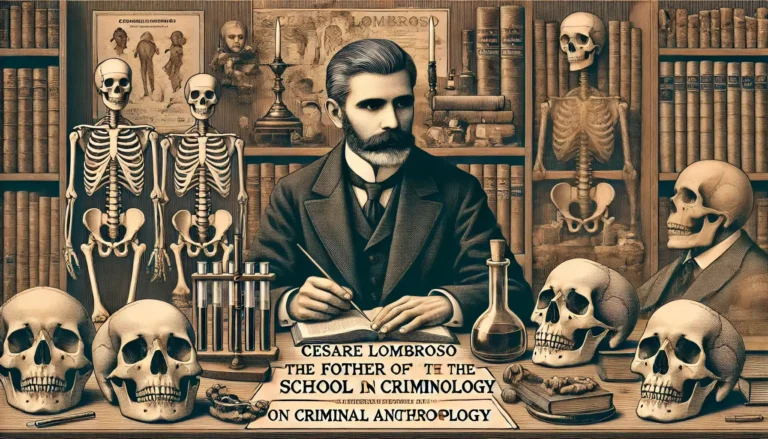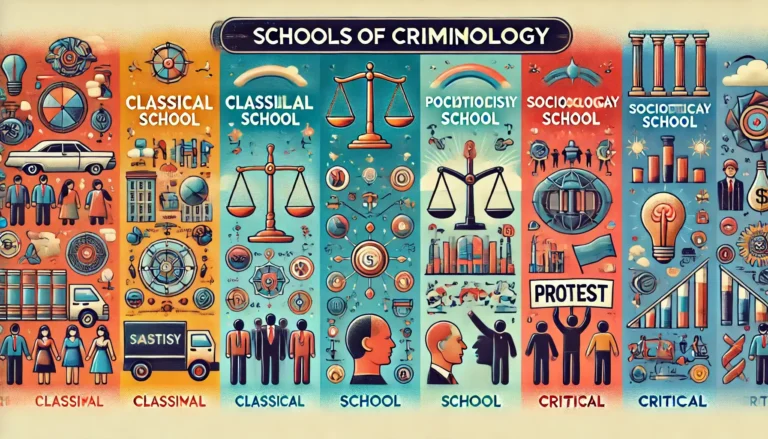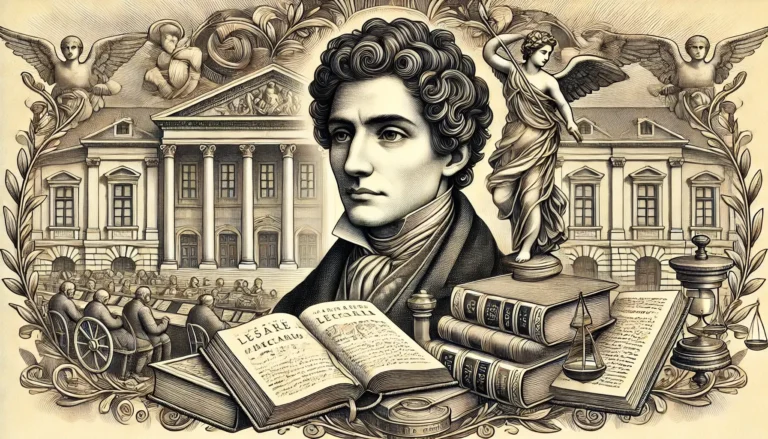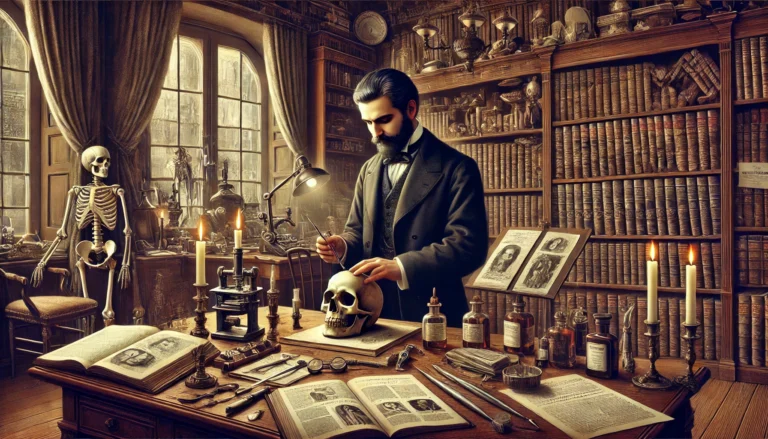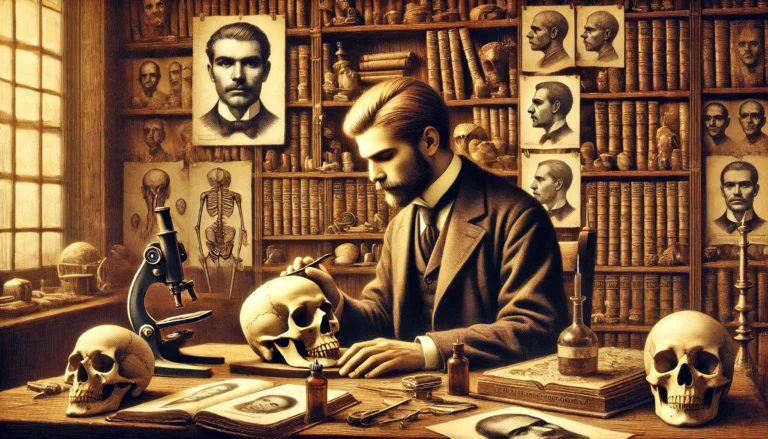Lombroso’s Theory and Its Evaluation: A Historical Insight into the Classical Formation School of Criminology
Introduction The Classical Formation School of criminology marks a significant turning point in understanding crime and criminal behavior. Among its most influential contributors was Cesare Lombroso, an Italian physician and criminologist whose theories profoundly shaped the early development of the field. Lombroso introduced the idea that criminality was biologically determined, challenging the classical view that…

